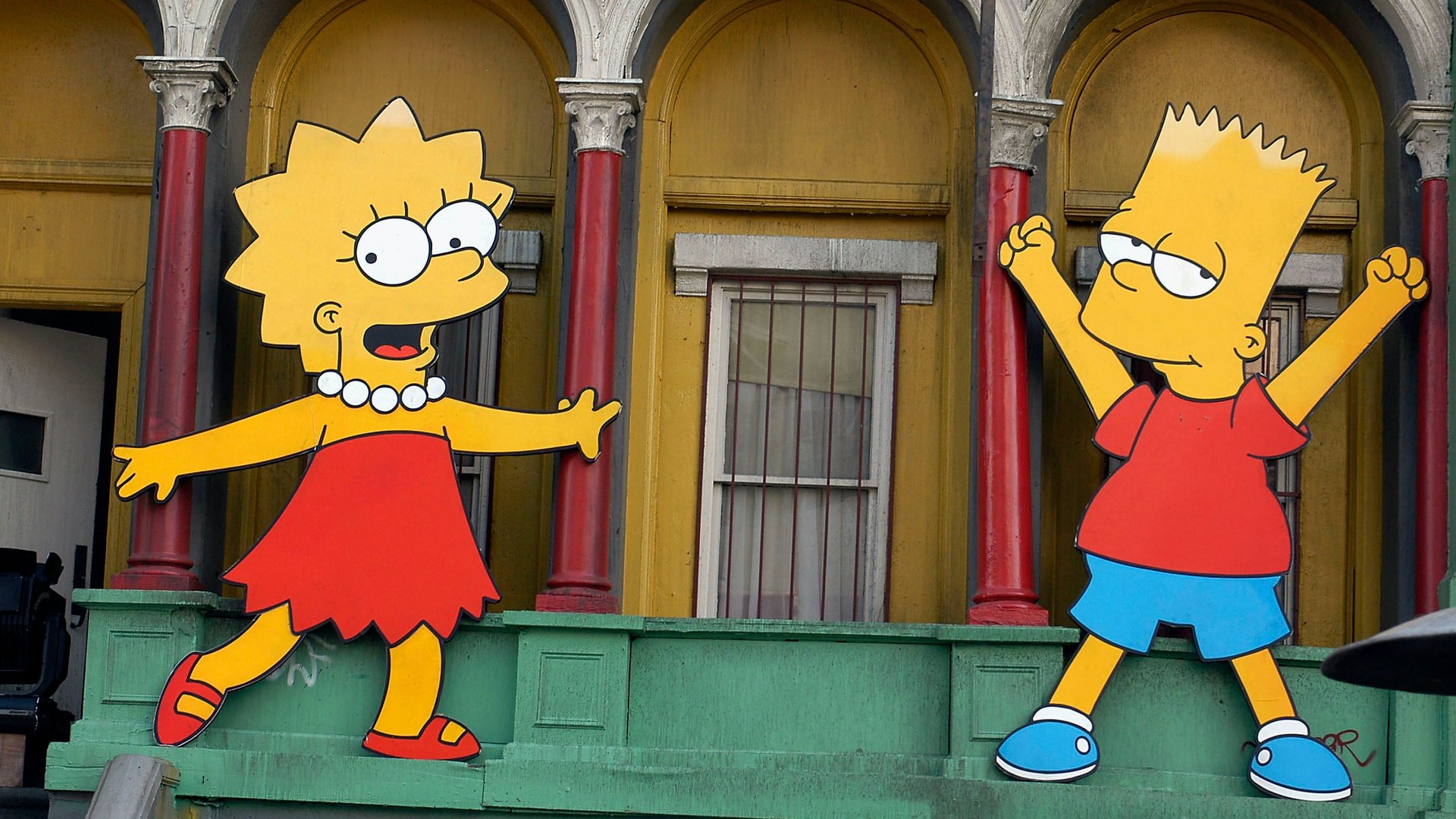“The Simpsons” and “Family Guy” production workers are unionizing
Homer Simpson is a proud union man. The iconic cartoon character even served as president of his local power plant workers’ chapter in The Simpsons’ season 4 episode “Last Exit to Springfield.”


Homer Simpson is a proud union man. The iconic cartoon character even served as president of his local power plant workers’ chapter in The Simpsons’ season 4 episode “Last Exit to Springfield.”
Now production workers on The Simpsons, American Dad!, and Family Guy are following in Homer’s yellow-hued footsteps and unionizing with The Animation Guild, having received voluntary recognition from 20th Television Animation.
Animators, writers, and actors on animated series have been long unionized. But production workers, who provide logistical and administrative support for the shows, had until now not been included—perhaps because they’ve been historically regarded within the industry as lower-level employees.
The move is part of The Animation Guild’s broader push to expand membership by unionizing production workers, who have until now lacked healthcare and retirement benefits. The guild has chalked up a number of victories on that front this year, unionizing the production staff on shows including Harriet the Spy, Rick and Morty, and Solar Opposites. These successes underscore the ways in which the labor movement is gaining traction by appealing to workers not only as a means of addressing practical concerns about wages and benefits, but as an undertaking that allows them to command greater respect at their jobs.
“I would hope that it galvanizes everyone else to organize and recognize their own self-worth and not believe in that old studio construct that production is somehow a stepping stone to a better career path,” American Dad! production supervisor Jason Jones told NPR after the union received voluntary recognition.
How unions can turn jobs into careers
The chance to gain equality and respect at work has always been a key part of the union proposition. But the animation production workers’ comments shed light on the intersection between the labor movement’s growing momentum in the US and Americans’ broader cultural reckoning with regards to jobs characterized as unskilled or low-skilled.
The pandemic put a spotlight on both the importance of “essential workers” like grocery-store clerks and delivery drivers, and on the low wages and subpar working conditions that essential workers are all too frequently afforded. And while there are clear differences between working at a Starbucks and working on The Simpsons, every industry accords lower status to certain positions, often justifying lesser pay and lack of benefits by framing those positions as low-skilled stepping stones that people take on temporarily as they work toward other, better-compensated roles.
But many of those supposedly lower-level jobs require plenty of expertise in practice, and people may well want to stick with them for the long term. “We have a lot of people who are really well educated and have tons of years of experience,” Family Guy production coordinator Laura Smalec told The Hollywood Reporter last month. Getting the same benefits as their colleagues in other roles is “about creating equality amongst the show,” she added.